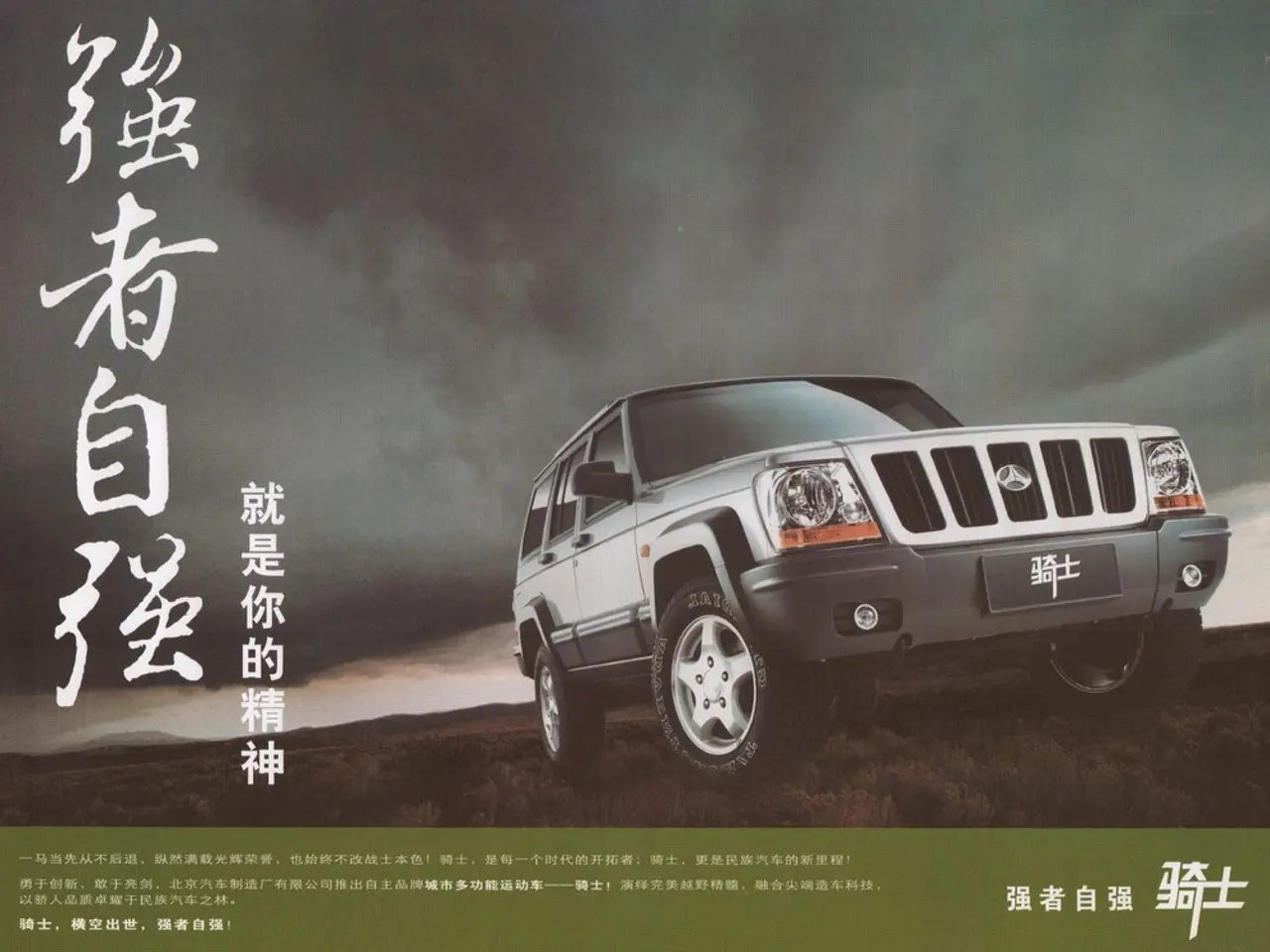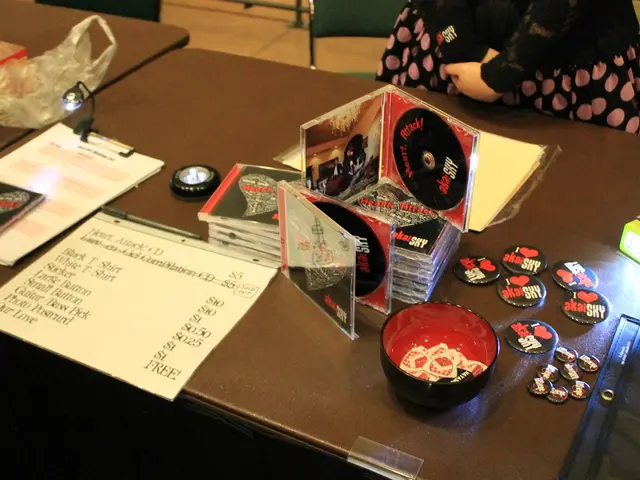Intensified action urgently required due to China's embargo on rare earth exports causing disruptions in European auto manufacturing supply networks
The ongoing export restrictions imposed by China on rare earth elements and magnets are causing significant disruptions in the European automotive supply industry. China controls over 70% of global production and 90% of processing and export licenses, a fact that has a profound impact on global supply and pricing. However, the exact companies or institutions in China that have applied for these export licenses remain undisclosed.
The Secretary General has urged both EU and Chinese authorities to engage in a constructive dialogue to ensure the licensing process is transparent, proportionate, and aligned with international norms. The current approach, characterized by a lack of transparency and inadequate lead time for adjustment, is causing concern among European manufacturers.
The challenges are far-reaching, affecting both combustion engine and electric vehicles. The affected components are critical to their production, leading to the shutdown of several production lines and plants across Europe. These disruptions threaten automotive production and thousands of jobs in the European Union.
The measures have also reinforced efforts in Europe to diversify sourcing and invest in the development of rare earth-free electric motors. Sustained disruptions may lead to increased investments in this area, as Europe seeks to reduce its reliance on Chinese materials.
Chinese suppliers of permanent magnets rely on their European customers, and European manufacturers depend on Chinese materials. The current situation underscores the importance of constructive China-EU cooperation to ensure stable and resilient supply chains for the global automotive sector.
Since early April, hundreds of export license applications have been submitted to Chinese authorities, yet only approximately one-quarter have been approved. This opaque and inconsistent process across provinces offers no short-term solutions to the acute risks currently facing supply chains.
The impacts of these measures are expected to worsen in the coming weeks as inventories deplete, emphasizing the urgency for a constructive dialogue between the EU and Chinese authorities. The global supply chain and trade integrity are shared interests between China and Europe, making it crucial for both parties to work together to mitigate the effects of these disruptions.
The Secretary General of a specified website has stated that China's export restrictions are shutting down production in Europe's supplier sector. Ongoing disruptions may lead to increased trade disruption and undermine trust in the global supply chain. It is a reminder of the importance of open and constructive dialogue between nations to ensure the stability and resilience of global industries.
Read also:
- Understanding Hemorrhagic Gastroenteritis: Key Facts
- Trump's Policies: Tariffs, AI, Surveillance, and Possible Martial Law
- Expanded Community Health Involvement by CK Birla Hospitals, Jaipur, Maintained Through Consistent Outreach Programs Across Rajasthan
- Abdominal Fat Accumulation: Causes and Strategies for Reduction







